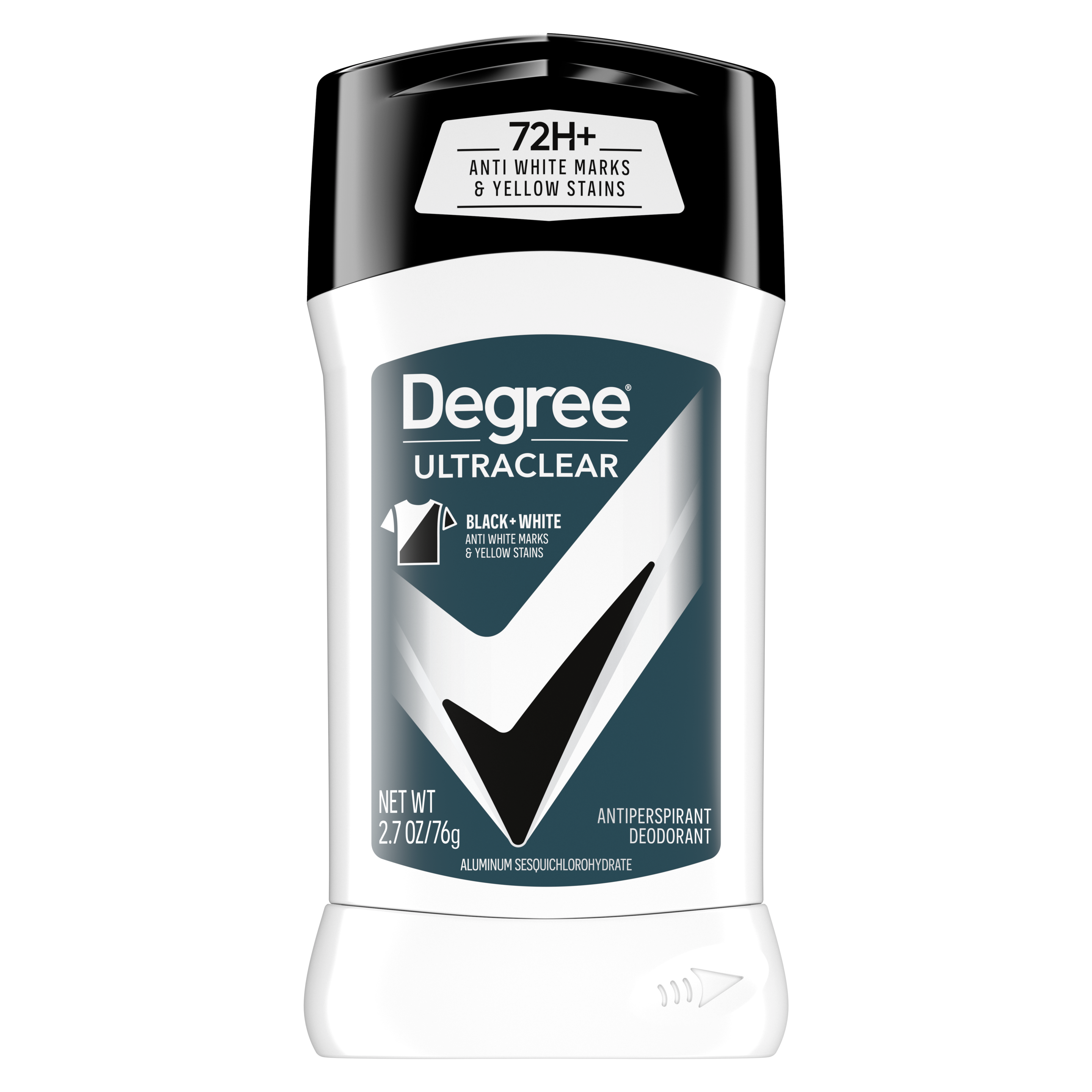What causes body odor?
It's a simple equation. Sweat meets bacteria on the skin, and voila – body odor is created. But the intensity of the scent depends on the unique combination of your genetics, lifestyle choices, and environment.
Despite what you might think, it's not our sweat that smells.
Stress and anxiety
Body odor bacteria thrive when you're stressed and anxious. That’s because, when we’re stressed, our bodies secrete a different kind of sweat, rich in nutrients, which serves as a feast for bacteria.³ As these bacteria grow, they release odors. So, taking charge of stress doesn't just boost your mental well-being – it also helps keep body odor under control.
Learn more about stress sweat and coping strategies here.
Hormonal changes
Pregnancy
While the pregnancy glow is delightful, many pregnant women notice a change in their scent⁴ during pregnancy due to hormones and night sweats. This intensified body smell serves a unique purpose: it helps your baby identify you. The strong scent from your armpits can guide your baby's head while nursing. However, if the scent becomes overwhelming beyond your personal space, consider addressing it.
Menopause
Menopausal women also report⁵ stronger body odor because of hormonal shifts. Profuse perspiration from hot flashes and night sweats can nourish body odor bacteria. The menopausal drop in estrogen also leaves our bodies with relatively higher levels of testosterone. This can attract more bacteria to sweat, making its smell more intense.
Read our guide to everything you need to know about menopausal sweat.
Food and diet
What you eat affects how you smell. Eating cruciferous vegetables like broccoli, cabbage, and cauliflower, can make your body odor more noticeable. Also, foods containing onions and garlic affect the way you smell. It doesn't matter if you eat them raw or cooked; it's all about how your body breaks them down.
These foods might change the pH of your skin or create a friendly environment for bacteria, making the odor even stronger.
However, there’s not enough research to establish a definite relationship, so you don’t need to avoid sulfurous vegetables entirely. But if you notice they’re affecting the way you smell, switch things up.
Read about how your favorite foods can impact body odor here.
Medical conditions
In some cases, body odor can be a symptom of an underlying medical condition or a side effect of medications.
What diseases can cause body odor?
Certain medical conditions like diabetes, kidney disease, and liver disease can make body odor stronger. These conditions affect the chemicals in sweat and bodily fluids. For instance, diabetes might cause a sweet or fruity smell in breath and sweat, while kidney or liver disease can change the chemicals in sweat, affecting body odor. Understanding these connections can be important for managing and addressing body odor concerns.
Learn about excessive sweating due to medications, surgical interventions, and related illnesses here.
Excessive sweating
If your sweat is not triggered by the weather or stress, it might be a symptom of hyperhidrosis. While hyperhidrosis can be made worse by exercise, stress, or heat, it is not caused by any of these factors.
Read more about the causes and cures of excessive sweating here.





